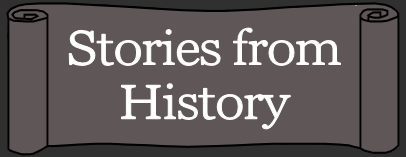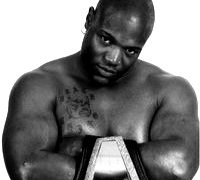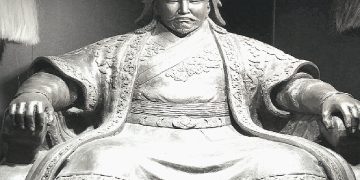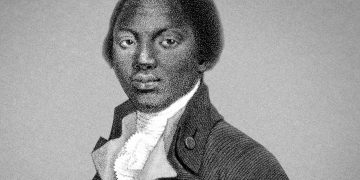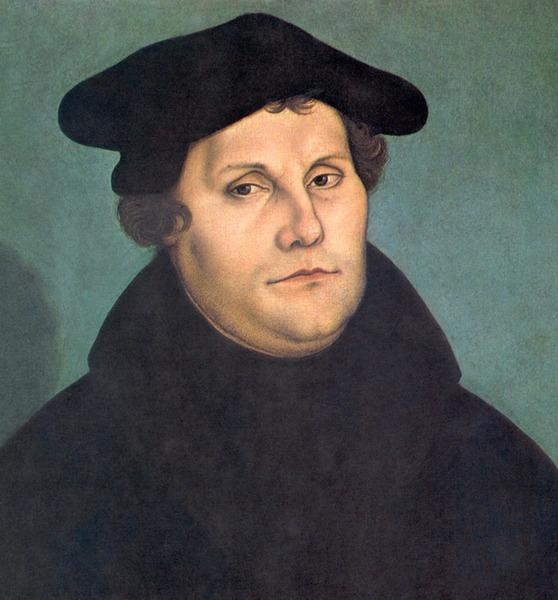Martin Luther was a German monk who was fiercely critical of the Catholic church. On 31st October 1517 he made a list of all his grievances against the Catholic Church, known as his 95 Theses, and nailed them to the door of the church at Wittenburg.
The 95 grievances against the Catholic Church included:
The fact that people could ‘buy off’ their sins by paying money to the Church. Luther stated that only god could pardon sins, not the Church.
That people were naturally sinful and that they should seek salvation by believing in God, making pilgrimages to Holy places and by doing good works, not by making gifts of money or goods to the Church.
That priests should be subject to the law of the land in the same way as ordinary men and women.
That priests were not divine beings.
That all people should be allowed to read the Bible, not just priests. The Catholic Church believed that if all people were allowed to read the Bible they would form their own opinions and that the Bible would become more important than the Church.
That the Church should not display rich images of Saints and crucifixes and that priests should not wear elaborate clothing.
That priests did not have the power to turn the bread and wine into the body and blood of Christ during Communion.
The Pope was very angry and excommunicated Martin Luther. However, many other people agreed with him and supported him in his protest against the Catholic Church. Those people became known as Protestants. They formulated their own version of Christianity to eliminate practices they disliked.
During the sixteenth century the new Protestant religion spread and the Netherlands, Scandinavia and Scotland all became Protestant regions.
